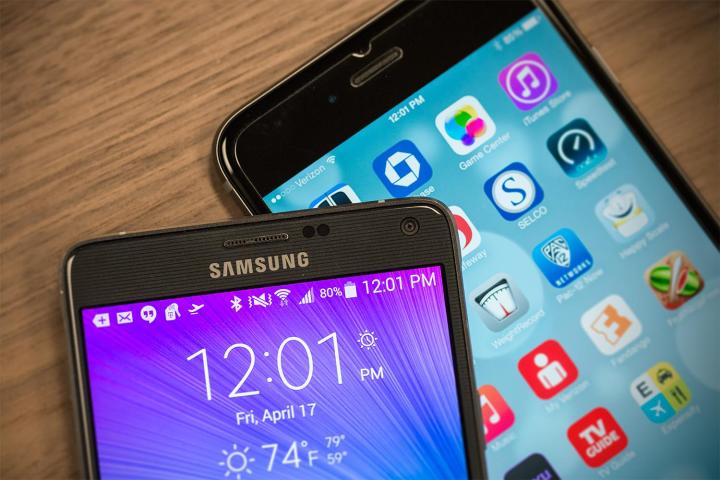
The study, which followed 130,000 students in 91 schools with data beginning in 2001, found that schools that banned smartphones altogether in the classroom saw grades improve by an average of 6.4 percent. Underachieving students benefited even more from this lack of distraction, with their scores jumping by an average of 14 percent sans smartphone. Speaking with CNN, researchers noted, “The results suggest that low-achieving students are more likely to be distracted by the presence of mobile phones, while high achievers can focus in the classroom regardless of the mobile phone policy.”
Despite the clearly adverse effects of smartphones in schools, separating kids these days from their mobile devices may prove rather difficult. A 2013 Pew Research study showed that 78 percent of teens had cell phones, and 37 percent owned smartphones. That represented a 14 percent increase from 2011, which means that if the trend continued into today, over half of American teenagers would be equipped with these Internet-connected devices.
And while some parents argue that these phones are a necessary evil to ensure a clear channel of communication with their children, the vast majority of cellphone usage, particularly smartphone usage, seems less geared toward calling mom or dad and more toward checking Facebook, posting to Instagram, or gaming.
In March, New York City Mayor Bill de Blasio lifted a long-standing ban on cellphones in New York City public schools, a decision that Murphy and Beland questioned on CNN. Said the researchers, “Schools could significantly reduce the education achievement gap by prohibiting mobile phone use in schools, and so by allowing phones in schools, New York may unintentionally increase the inequalities of outcomes.”
Still, there are teachers who have opted to embrace the influx of smartphones, such as Ken Halla, a world history and AP government teacher who has 22 years of experience in his back pocket and has decided to use the new technology to his advantage. He told the National Education Association, “I’ve always been that type of person who likes to adapt and change as time goes on. Otherwise, I wouldn’t still be teaching this many years down the road.”


